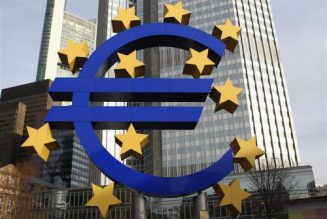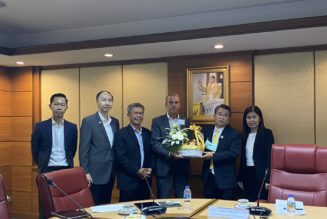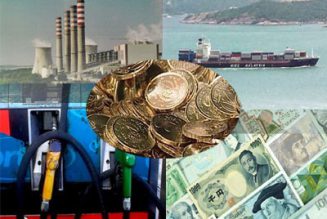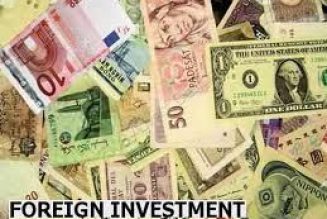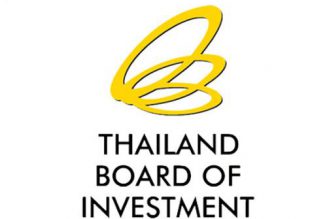Prime Minister Abhisit Vejjajiva said on Friday he has proposed the use of China’s yuan currency instead of the US dollar as the standard in Asia to the Asian Development Bank (ADB).
“I’ve suggested the idea of establishing an office overseeing currency exchange within Asean.
“This office would be operative soon and it would work with the ADB,” Mr Abhisit said.
The prime minister was due to leave today to attend the opening ceremony of the 16th Asian Games in Guangzhou and take part in the Asia-Pacific Economic Cooperation (Apec) meeting in Yokohama from Nov 12-14.
The strengthening Asian currencies would be discussed at the Apec meeting, he said.
“The currency issue will be discussed at the Apec meeting since there has been no progress at the G20 summit held in South Korea and it is difficult for the United States and China to be clear on this,” he said.
Delegates at the Apec meeting would likely seek ways to minimise the impact of the currency fluctuation, he said.
Finance Minister Korn Chatikavanij said on Friday parliament will pass the Frequency Allocation Bill on Monday. and the National Broadcasting and Telecommunications Commission (NBTC) will be appointed and operative by the middle of next year.
The process of selecting members will take 180 days after the Frequency Allocation Bill is approved by the parliament and published. The commission should be operative by mid-2011 at the latest, Mr Korn said.
The NBTC will be responsible for allocating frequencies for 3G, 4G and other mobile networks.
He said the State Enterprises Policy Commission reported that state-run TOT Plc would be ready to offer 3G services in Bangkok and peripheral areas before September next year.
The service should be available nationwide within a year after that.
Mr Korn also warned that investors in the Thai stock market should be cautious as foreign speculators may suddenly withdraw their profits from the country.
“The liquidity in the system is high. It is normal for the stock index to rise due to higher profits earned by listed companies, but investors need to be prudent if the index rises because of strong capital inflow,” Mr Korn said on Friday.
He said shareholders and executives of listed firms should take advantage of rising stock values and strong foreign capital inflow by attracting this capital into long-term investment through options such as raising funds to improve performance and reduce economic costs.
“The challenge for the Thai economy and the government is to direct the inflow of capital towards long-term investment,” the minister said.
He said Thai Airways International’s stock was previously 13 baht per share, but after the company turned capital into fixed assets by purchasing new planes the price rose to 32 baht.


